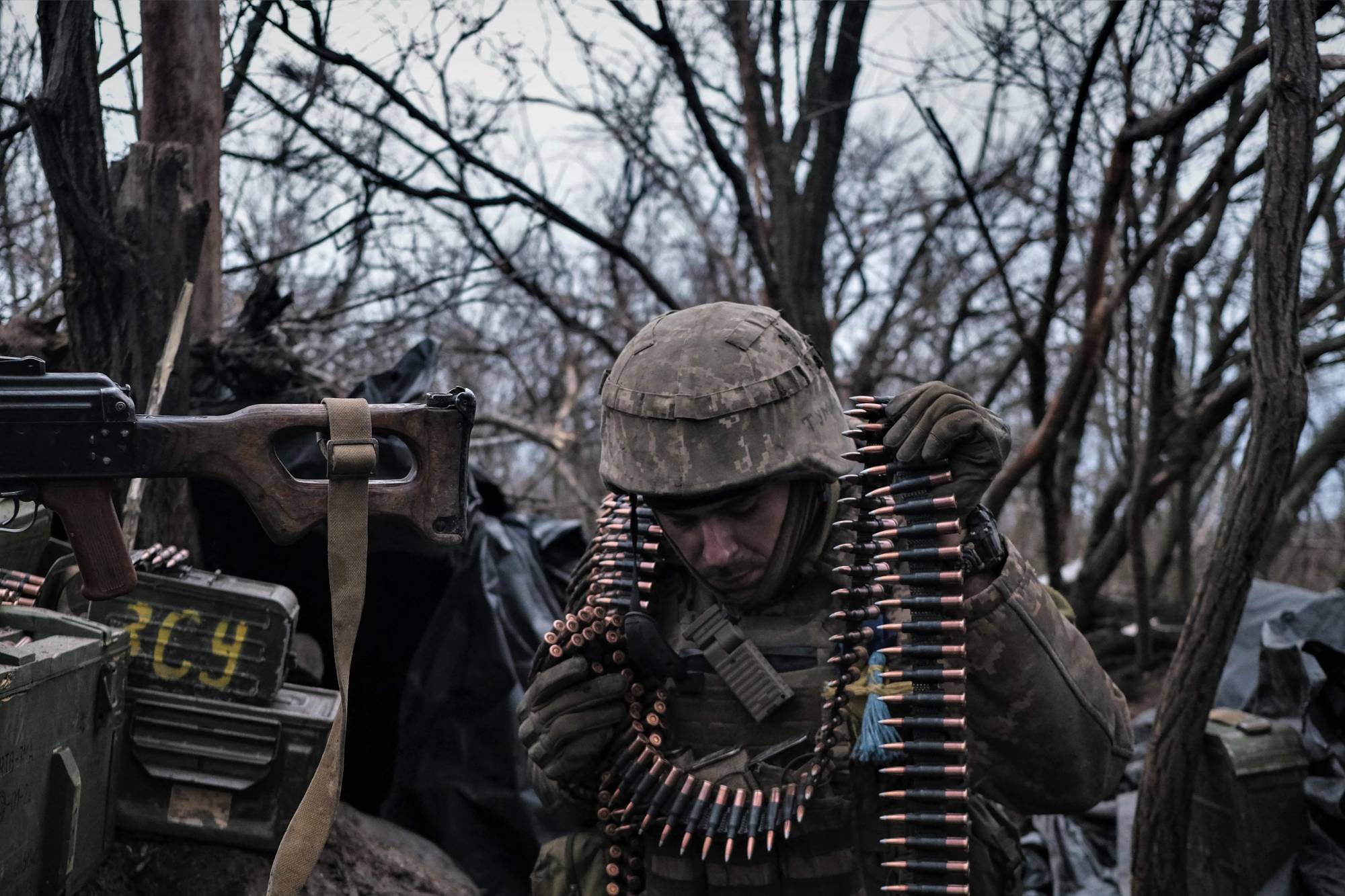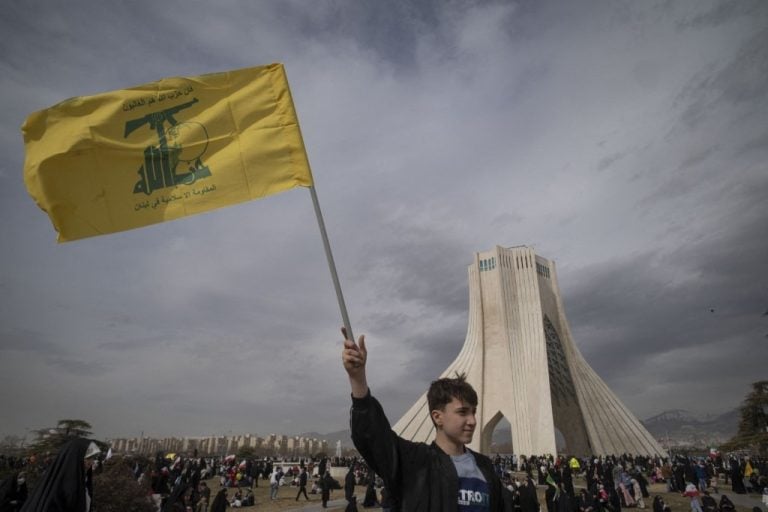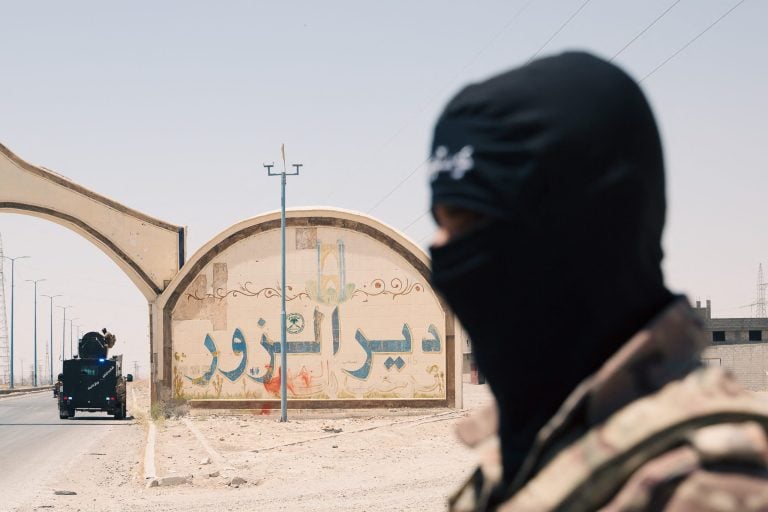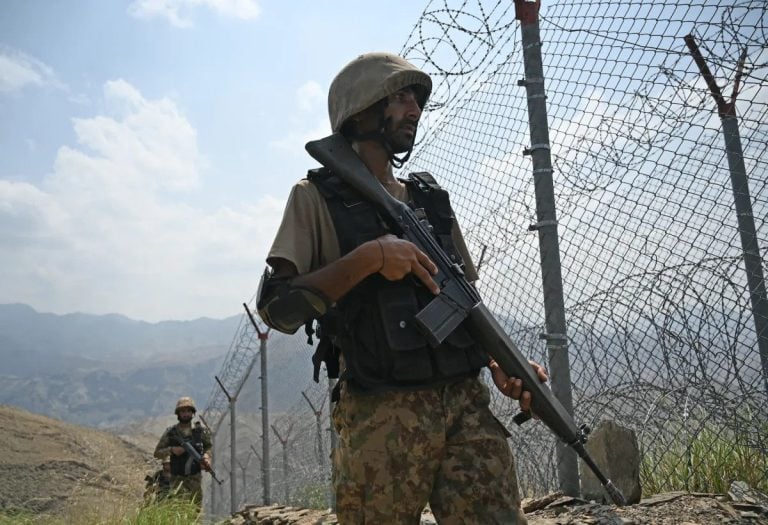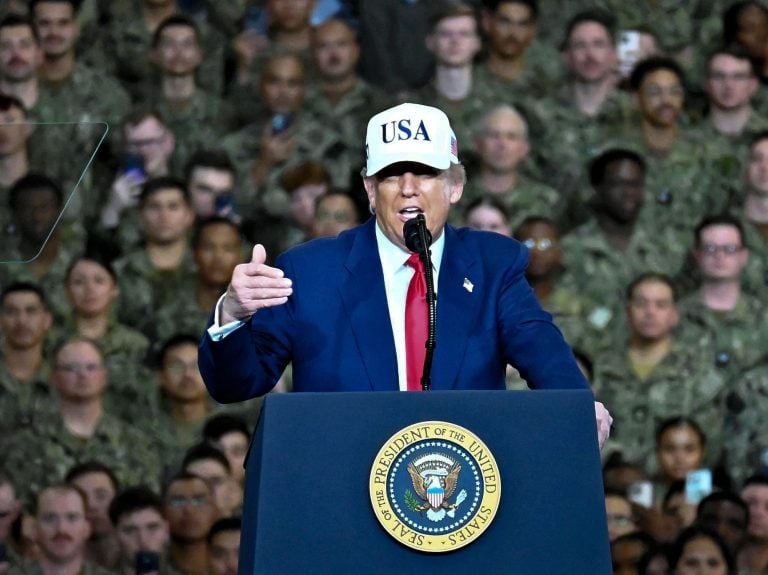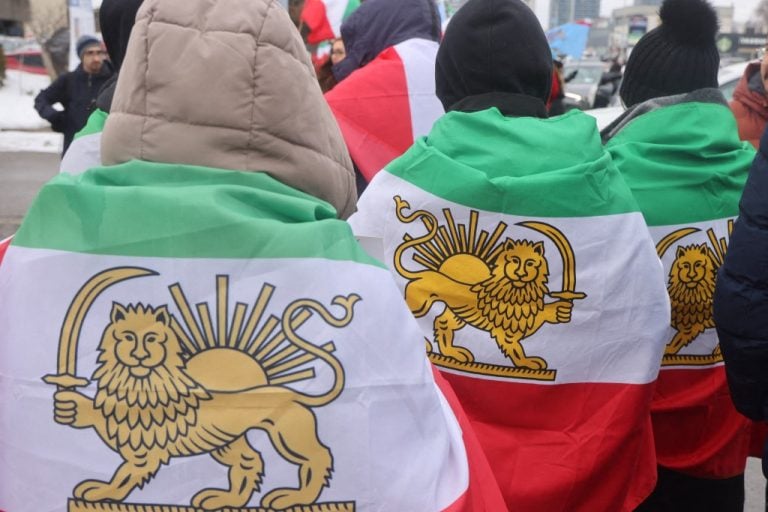Ukraine has formalized a partnership with KNDS, a prominent defense manufacturer, to collaboratively produce medium-caliber ammunition for its armed forces. This memorandum of understanding marks a significant step in enhancing Ukraine’s military capabilities, particularly in the realm of ammunition designed for automatic artillery systems. The shells produced through this initiative will be aimed at countering infantry units, light armored vehicles, and low-flying aerial threats.
The production efforts will be driven by a collaboration between Kyiv’s state-owned defense conglomerate, Ukroboronprom, and KNDS’ subsidiary in Belgium. Ukroboronprom’s General Director, Oleh Hulyak, emphasized the importance of this partnership in expanding Ukraine’s international collaborations. He stated that such engagements are crucial not only for the Ukrainian Defense Forces but also for integrating Ukraine’s defense industry into the global landscape, particularly within NATO nations.
In tandem with this arms cooperation, Belgium has announced substantial military aid valued at approximately 1 billion euros ($1.1 billion) to Ukraine, amid the ongoing conflict with Russia. According to reports from Belgian news outlet De Tijd, this aid package will include around one hundred armored and transport vehicles, 16,000 firearms, and 20 advanced Cerberus air defense systems. Additionally, the assistance will encompass the provision of unmanned aerial vehicles, drone detection technology, night vision equipment, and protective gear designed for various hazardous conditions.
Notably, the Belgian government plans to send a Leopard battle tank outfitted with a sophisticated turret to Ukraine, specifically for testing purposes. Belgian Defense Minister Theo Francken remarked that a significant portion of the assistance—in the amount of about 645 million euros ($731.5 million)—will be sourced from the country’s domestic defense sector, thereby supporting Belgium’s economic interests alongside its military support to Ukraine.
Francken reiterated Belgium’s commitment to backing Ukraine in its struggle against Russian aggression, addressing concerns about the necessity and adequacy of funding for such support. He outlined three critical reasons for maintaining focus on the conflict, highlighting the relevance of this assistance not only for Ukraine’s defense but also for broader regional stability.
